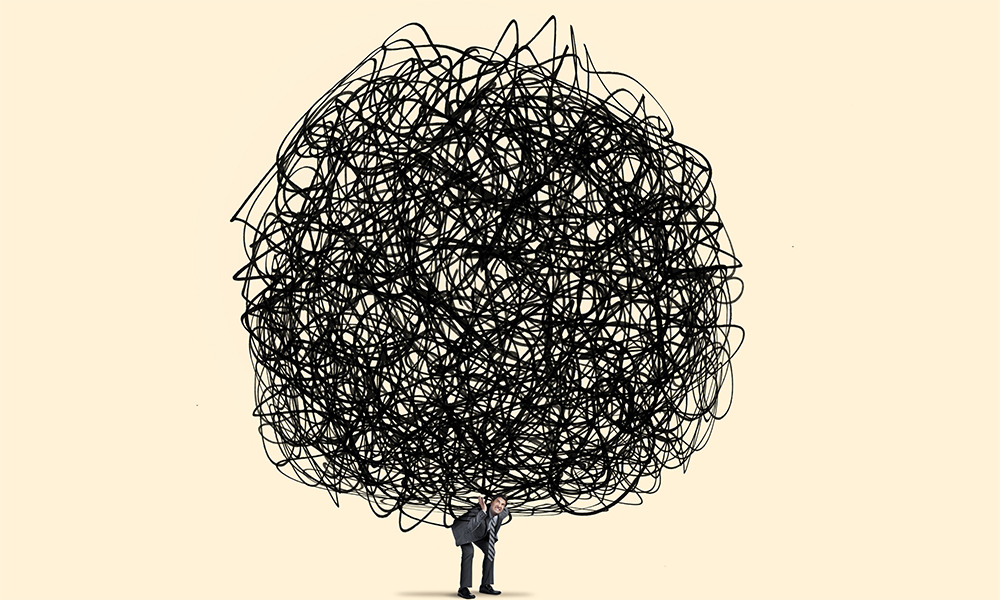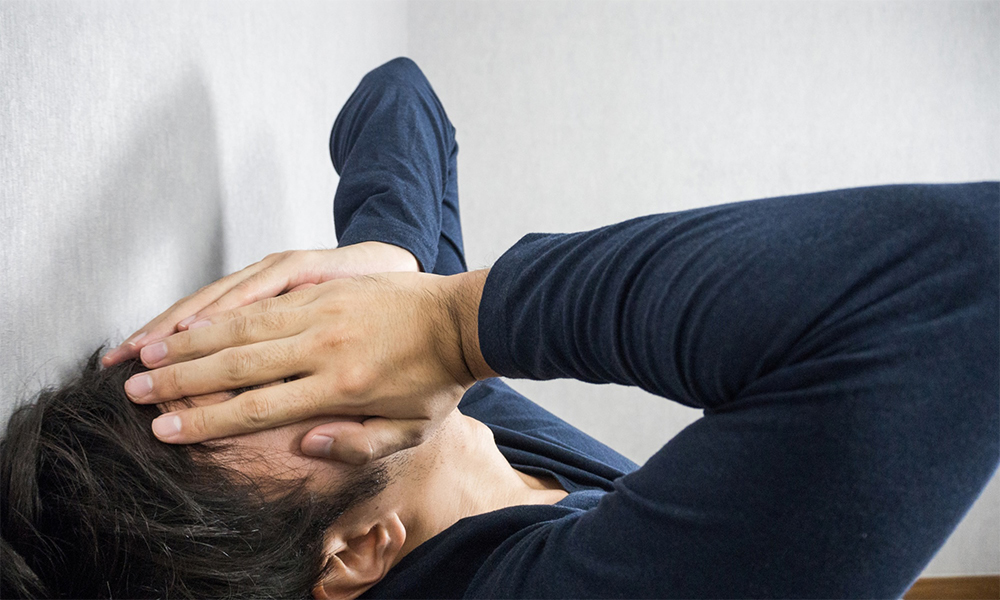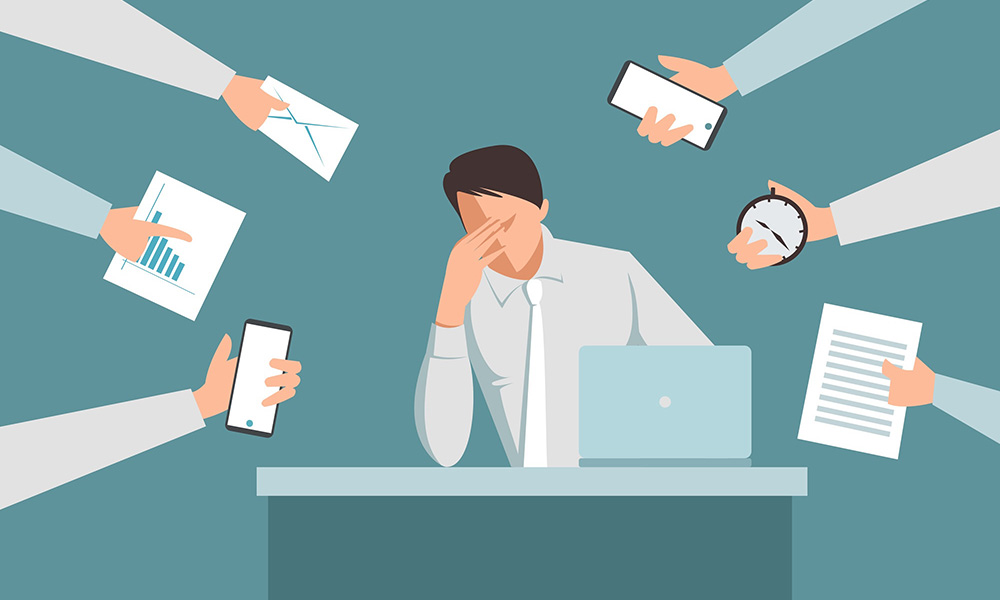We all know that smartphones are transforming our lives – the way we communicate, connect and learn, among many things.
However, as they become an increasing part of our day-to-day routine, are they now controlling our lives? Do you find yourself on your smartphone just about all the time? Scrolling for updates, often when you know there won’t be anything new in the ten odd minutes that have just passed by? That you can’t remember the last time you went out anywhere without it? When you had it out of arm’s reach, even while asleep? Does it make you increasingly anxious when you can’t catch a network? Or worse, when you’re running low on battery?
Chances are that you could be becoming a smartphone addict. Think hard. Do you check your phone first thing when you wake up in the morning? Do you check it just before you go to bed? Do you have it with you when you are having dinner with your family?
Take this test: https://virtual-addiction.com/smartphone-compulsion-test/.
If the results concern you, know that you’re certainly not alone. (And probably not entirely to blame either). Research suggests that on average, people check their smartphones about 35 times a day.
So, drawing from this, my message today is on how you can break your smartphone addiction – why this is probably taking way more of a toll on your life than you realise, and what you can do about it.
What makes smartphones so addictive?
Technologies like the ones in our smartphones are ‘psychoactive’ – they can alter our mood and often trigger enjoyable feelings, says Susan Davis, while referring to psychologist and author David Greenfield’s work, in her article Addicted to Your Smartphone? Here’s What to Do. And they play on a very deep rooted, almost base human desire to know all that we can about everything around us. This is what makes them so powerful.
Psychologists have a term for why this happens and why this behaviour is so satisfying. They call it ‘variable ratio reinforcement’. Greenfield likens it to slot machines at a casino. You never know when you will strike gold – get that response you were looking for, or be pleasantly surprised by something else.
The hope keeps you going. You can’t seem to stop yourself from wanting to be constantly connected; it’s why you keep checking for updates and why the more you check, the more you want and need to.
Extend this to what happens with Facebook or Twitter or Instagram or WhatsApp. You never know when you will see that update or have someone like the photo you shared or have your message read. You don’t want to miss out on the latest news updates either. So, you keep checking. And your smartphone only offers you more and more such options for information. Not just that, this information is available round-the-clock and from anywhere.
What makes smartphones different is that given they are everywhere, you can turn to them to fill any bit of downtime, explains Kevin Holesh, the app developer who created Moment. (https://inthemoment.io), which tracks how you use your smartphone. “Instead of waiting in line at the grocery store for two minutes, you pull out your phone and check your work email. Instead of letting a conversation have a 10-second awkward pause, you pull out your phone to check on that text you felt vibrate in your pocket a few minutes ago.”
No surprise then that this has pretty much changed forever, not just the way we receive and interact with information, but also fundamentally, how it shapes us as individuals and what it means for our relationships. Nicholas Carr, author of The Shallows: What the Internet is Doing to Our Brains, describes it as an environment of almost constant interruptions and distractions – “The smartphone, more than any other gadget, steals from us the opportunity to maintain our attention, to engage in contemplation and reflection, or even to be alone with our thoughts.” Not just that, research also shows now that people are not just addicted to their smartphones, but to the act of checking itself.
What can you do to better manage this addiction?
1. Become more aware of your patterns
Pay closer attention to how often you use your smartphone. What is it that you check it for? And how often? Is there anything in particular that triggers it? Do you do more of it when you are bored or anxious? Is it that you feel lonely? Sometimes incessant checking could be symptomatic of another issue. You need to be able to identify and respond to that.
More importantly, when do you find yourself reaching for your smartphone? And what else are you missing out on, by doing so? Are you constantly messaging during dinner and missing out on conversations with your family? Are you distracted during meetings because you’re responding to email? Do you stop while driving to check for notifications? Is this the first thing you reach for when you wake up and the last thing you do at night? Does being away from your smartphone make you very uncomfortable? Figuring out just how much you’re switched off from otherwise, will offer you an insight to how much of a concern this addiction is.
2. Give Predictable Time Off (PTO) a try
There are people who would say that the best alternative is to cut off from your smartphone completely. But honestly, that isn’t very feasible, given how much of our everyday work and interactions is linked to being connected. What you need is a more workable solution.
Leslie Perlow, in her book Sleeping with Your Smartphone, suggests trying PTO as an alternative to improving your work life, while becoming more productive, in a world which is increasingly connected. The problem today is that we tend to get terribly caught up in a cycle of responsiveness. Everyone is constantly emailing and texting and asking questions, making suggestions, sharing ideas and reviewing it all. And so, the need to respond grows. This gets amplified with global teams and differing time zones. We end up working around our lives and schedules to fit in this demand for responses. The more you respond, the more the need to respond grows.
The way PTO works is rather simple. It is based on the assumption that you, your team and your company will benefit overall, if you can agree on predictable times when you can switch off. It breaks the need for you to be on call constantly, with the worry that if you don’t, people will think that you’re not committed enough.
3. Have ground rules
Create your own non-negotiables. Make them a part of your routine as well, so that you can track them. For example, if you travel a lot, then ensuring that you are not connected on flights could be a start. This can be your ‘me’ time to catch up on reading or watching a movie, journaling or even just gathering your thoughts and enjoying the quiet.
You could even decide to reclaim your mornings. Try waking up earlier, working out a routine that offers you the space and time to be more productive during the day. Don’t jump for your phone and the distractions it brings. Make the time for exercise or a longer breakfast with your family. Some people try to have agreed-on no phone hours at home, to encourage more involved time together as a family. That way, you can hold each other accountable.
Have a no phone policy during meetings and make everyone commit to it. Set aside fixed times during the day to respond to email and check social media updates. Use them as breaks and stick to them. Time yourself to start with, if needed.
4. Enjoy your time off
The less you’re on your phone, the more time you will have for so many other things. Enjoy it. It will probably surprise you to start with. Start doing all those things you wanted to, but always said you didn’t have the time for. Read more, play a sport, learn something new, use that gym membership that you haven’t yet. Make more time for your family and friends and be more invested in each other’s days. Start enjoying being more present in the moment – conversations, meetings, lunches, movies.
Research has shown that managing your phone addiction better will result in you becoming much more productive. You will be less distracted, improve concentration, feel less pulled in different directions and constantly playing catch up. Therefore, you work better and faster, and are just happier overall.
5. Get yourself an app for it
Ironically enough, there are some great apps that can help you. Apart from Moment, you could try Ofttime (http://offtime.co) or BreakFree (http://www.breakfree-app.com) that work for both iOs and Android platforms. They will track your usage and can be pre set to block other apps and filter communication. You can set different modes like Work, Family, or Me Time on Ofttime to manage alerts in different situations. BreakFree computes an ‘addiction score’ and tracks your goals. Sometimes, just having this data laid out in front of you can be the wake up call that you needed.
That said, there is no doubting the incredibly transformative power that smartphones and the likes have had on how we connect, converse, remember and celebrate. The question really is about how much is too much. There is no one answer to this. You will have to find that out for yourself; to walk the line between delighting in the many discoveries that your smartphone can offer; experiences that make your life happier and more productive, while ensuring that you don’t get pulled into a spiral of dependency.
As Chelsie Dort puts it in her Huffington Post article, Yes, It’s An Addiction:
“Technology is incredible. And while the internet can be a frightening place, it can so be a beautiful place to explore. My Facebook albums hold all of my most precious memories from the past 4 or 5 years because technology lets me post pictures of those moments from anywhere! My blog allows me to express my feelings and share them with others through the awesomeness that is the internet. My Pinterest holds so many yummy food ideas for dinners that my family can enjoy at the dinner table, together. Or craft options for the days that I’m at home with my kids! I love seeing where my loved ones are in their lives and getting to follow love stories, graduations, the building of new families with the birth of new babies and so much more! But, sitting across from my very busy husband at a restaurant on our date night, is not the time to explore. Playing hide and seek with my 3 year old is not the time to explore. Cuddling my 3 month old while he laughs at me wiping cereal off of his lip, is not the time to explore. Because those moments, those are the ones that I’m sick of missing. I’m still addicted, and I’m not trying to not be. I’m just trying to change my addiction to the things that capture my heart. I want to be addicted to the moments that I want to take mental pictures of. The times that I laugh until I can’t anymore. I want my addiction to be to things that make me a better person. I want to be addicted to my life.”
Do take the time to reflect on the impact that smartphones are having on your life. Are there things that you should do to wean away from this addiction? Also, as a leadership team, are there some behaviours that we should try to change? How about committing to not using phones during meetings, as a first step?
As always, your ideas and feedback will be very valuable.








Comments